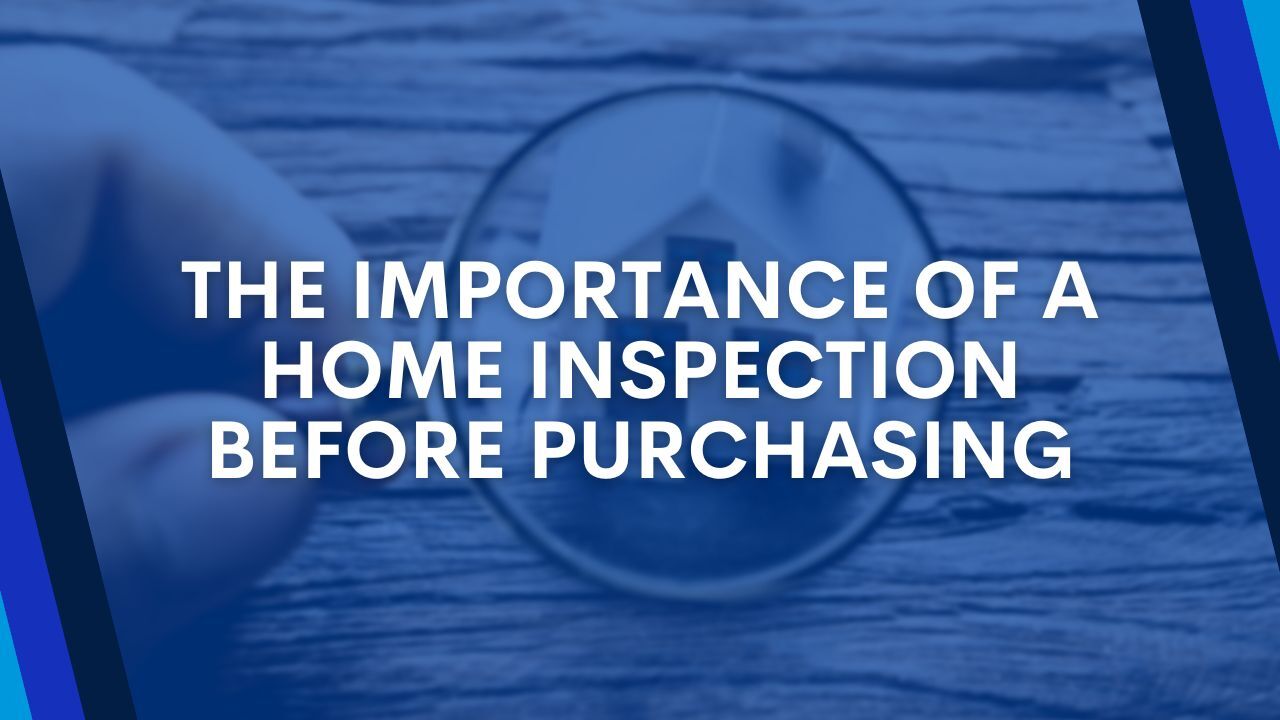 A forever home is often imagined as the place you will live for decades. It is where families grow, memories are created, and life milestones are celebrated. For some people, this vision becomes reality. For others, the thought of staying in one place for life feels restrictive. Instead, they move every five to seven years, searching for new opportunities and experiences. So why do some homeowners stay forever while others are constantly on the move?
A forever home is often imagined as the place you will live for decades. It is where families grow, memories are created, and life milestones are celebrated. For some people, this vision becomes reality. For others, the thought of staying in one place for life feels restrictive. Instead, they move every five to seven years, searching for new opportunities and experiences. So why do some homeowners stay forever while others are constantly on the move?
Personality Shapes Housing Choices
Personality plays a major role in how we view our homes. Some people value stability, routine, and deep community connections. For them, staying in one place provides comfort and belonging. Others are energized by change. They love exploring new neighborhoods, upgrading to different layouts, or experiencing a new lifestyle. Moving feels like growth, and for them, a forever home may feel more like a limitation than a dream.
Life Stages and Changing Needs
Different stages of life often require different types of housing. A starter condo may be perfect for a young professional, but as families expand, the need for more space becomes pressing. Later in life, downsizing into a smaller home can make sense. These moves are often less about personal preference and more about adapting to practical needs as life evolves.
Financial Factors in Home Decisions
Money also influences how long people stay in one place. Mortgage rates, property taxes, and the equity built in a home can push someone toward moving or staying put. When rates are favorable and home values are strong, selling and moving can feel like a smart opportunity. When the market tightens, staying put and improving the current home can be the better option.
Emotional Attachment to a Home
For many homeowners, emotional ties to a property are strong. Memories of holidays, children growing up, and special family moments can make leaving the home nearly impossible. For others, a home is more of a steppingstone, seen as an investment or a way to get closer to the next dream property. These different outlooks often determine whether a house becomes the forever home or just another chapter.
Is Forever Really Forever?
The truth is, the definition of a forever home is personal. For some, it really is the place they never want to leave. For others, it is simply the right home for this season of life. Neither path is right or wrong. What matters is finding a home that feels like it belongs to you, supports your lifestyle, and brings happiness.
Helping You Find Your Forever Home or Next Move
As a real estate professional, I work with both types of homeowners every day. Some are ready to settle into their forever home, while others are looking for their next adventure. My role is to help guide you toward the home that best fits your needs today, while keeping an eye on your future goals. Whether you are searching for your forever home or your next chapter, the most important thing is finding a space that truly feels like yours.
 For many renters, the idea of homeownership feels just out of reach. Rising home prices, limited inventory, and financial uncertainty can make the process seem overwhelming. But with a clear plan, the right guidance, and a one-year commitment, you can move from renter to homeowner, and take control of your financial future.
For many renters, the idea of homeownership feels just out of reach. Rising home prices, limited inventory, and financial uncertainty can make the process seem overwhelming. But with a clear plan, the right guidance, and a one-year commitment, you can move from renter to homeowner, and take control of your financial future. Eco-friendly living is more than just a trend, it is becoming a priority for today’s homebuyers. While solar panels often get the spotlight, there are many other green features that not only reduce your environmental footprint but also boost your home’s resale value. If you are thinking of making upgrades before selling, or you are a buyer looking for long-term savings, these sustainable features deserve a closer look.
Eco-friendly living is more than just a trend, it is becoming a priority for today’s homebuyers. While solar panels often get the spotlight, there are many other green features that not only reduce your environmental footprint but also boost your home’s resale value. If you are thinking of making upgrades before selling, or you are a buyer looking for long-term savings, these sustainable features deserve a closer look. Selling a home as-is can be a practical option for homeowners who want to avoid making repairs before listing. However, understanding what it means to sell as-is, and how it affects the process, is essential for a smooth transaction. This approach can attract certain buyers, but it also requires clear communication and realistic expectations.
Selling a home as-is can be a practical option for homeowners who want to avoid making repairs before listing. However, understanding what it means to sell as-is, and how it affects the process, is essential for a smooth transaction. This approach can attract certain buyers, but it also requires clear communication and realistic expectations. Buying a home is one of the biggest financial commitments most people make in their lifetime. While the process can be exciting, it is also full of important steps that protect your investment. One of the most critical yet sometimes overlooked steps is the home inspection.
Buying a home is one of the biggest financial commitments most people make in their lifetime. While the process can be exciting, it is also full of important steps that protect your investment. One of the most critical yet sometimes overlooked steps is the home inspection. Buying a new home before selling your current one can feel like walking a financial tightrope. While it allows for a smoother transition and avoids the need for temporary housing, it also requires thoughtful planning and the right strategy. If you are considering making a move without selling first, here are key factors to understand and steps to take to make the process work for you.
Buying a new home before selling your current one can feel like walking a financial tightrope. While it allows for a smoother transition and avoids the need for temporary housing, it also requires thoughtful planning and the right strategy. If you are considering making a move without selling first, here are key factors to understand and steps to take to make the process work for you. Walk into an open house and you might expect fresh flowers, cozy furnishings, and soft lighting. But occasionally, you will also spot something more unexpected family portraits in frames that do not match the owner. That’s because some sellers purposely leave behind staged or even fake family photos. While it may sound odd at first, this tactic is rooted in buyer psychology and strategic marketing.
Walk into an open house and you might expect fresh flowers, cozy furnishings, and soft lighting. But occasionally, you will also spot something more unexpected family portraits in frames that do not match the owner. That’s because some sellers purposely leave behind staged or even fake family photos. While it may sound odd at first, this tactic is rooted in buyer psychology and strategic marketing. A pocket listing is a property that is for sale, but not publicly advertised. It is not listed on major real estate websites or even MLS. Instead, the agent keeps the listing “in their pocket,” only sharing it with trusted colleagues, buyers, or clients they know are serious.
A pocket listing is a property that is for sale, but not publicly advertised. It is not listed on major real estate websites or even MLS. Instead, the agent keeps the listing “in their pocket,” only sharing it with trusted colleagues, buyers, or clients they know are serious. In a competitive real estate market, buyers may feel pressured to make their offers more attractive by waiving contingencies—especially the home inspection. While skipping a home inspection might seem like a way to speed up the buying process or make an offer stand out, it can be a costly mistake with long-term consequences. Here’s why a home inspection should always be part of your home-buying process, no matter how competitive the market is.
In a competitive real estate market, buyers may feel pressured to make their offers more attractive by waiving contingencies—especially the home inspection. While skipping a home inspection might seem like a way to speed up the buying process or make an offer stand out, it can be a costly mistake with long-term consequences. Here’s why a home inspection should always be part of your home-buying process, no matter how competitive the market is. Why Location is Everything in Selling a Home
Why Location is Everything in Selling a Home